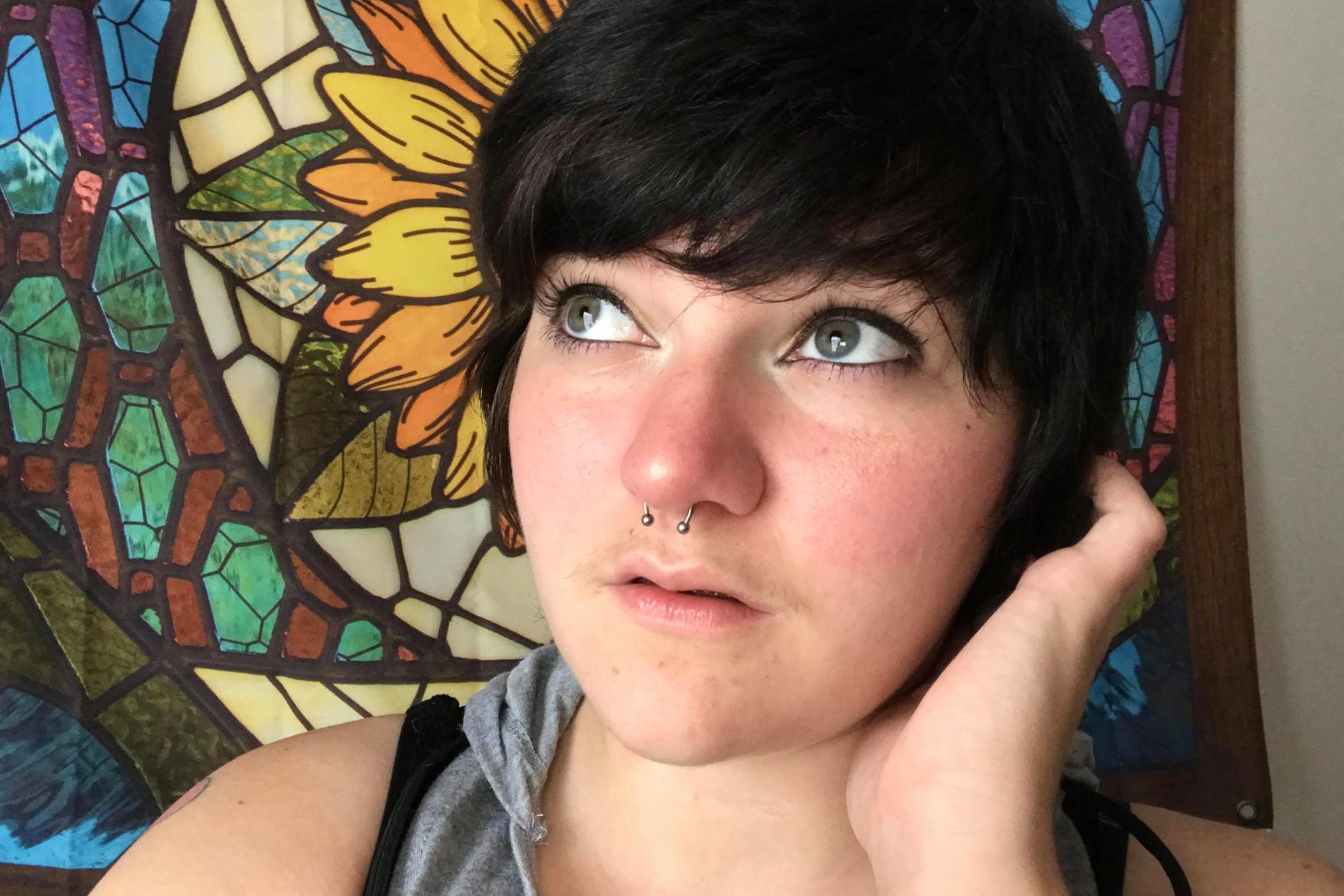Section Branding
Header Content
Nonbinary Georgians Raise Concerns, Questions As Other States Offer Legal Recognition
Primary Content
Pennsylvania last week began allowing its citizens to designate their gender as "X" on driver's licenses and identification cards. The state joins several others across the country that allow for the legal recognition of nonbinary people.
Now, some nonbinary people in Georgia hope the state will begin a dialogue of its own.
"I think nonbinary people need that representation, not just for ethical reasons, but also for data collection and statistics," said Norcross resident Zia Intakanok, who is nonbinary. "They need to be equally and legally represented in society."
The Trans Journalist Association describes "nonbinary" as an "umbrella term for genders other than man and woman. This is also a term for a specific gender. While nonbinary is considered a trans identity, not everyone who is nonbinary considers themselves trans." (The author of this article is also nonbinary.)
The push hasn't come without complications though. Andy Izenson, senior legal director at the Chosen Family Law Center, raised the case of Dana Zzyym in Colorado. Because of Zzyym's "X" designation on their state identification, the State Department refused to issue them a passport.
"Their legal case against the State Department is ongoing, but to date no institution of the federal government has issued any document recognizing a nonbinary gender," Izenson said. "This makes it impossible for a person with a nonbinary gender marker such as X on their state identification to have congruent state and federal identity documents."
Kaelyn Ireland, an Atlanta activist who is nonbinary, agreed with those concerns. Ireland believes that the legal designation of nonbinary people could open up the community to additional discrimination and targeting.
"One thing that concerns me is potential harassment from people who check IDs, especially police, if they see a third gender marker on someone's card," they said. "But on the other hand, having that official validation can feel really good for folks."
Atlanta resident Abby Hermes was also worried about police targeting.
"I feel without training accompanying this move it could potentially endanger more gender non-conforming people and heighten the danger for nonbinary" people of color, Hermes said. "The identifier on the license is important and validating but, without the proper education backed behind it, it's just another targeting tool."
According to the 2015 U.S. Trans Survey, 25% of respondents had been verbally harassed showing an ID that was found to be “incongruent” with their perceived gender, while 16% had been denied services or benefits.
"Identity documents that are consistent with each other and with your appearance may reduce risk, while identity documents that are inconsistent with each other are more likely to give officials and gatekeepers an excuse to detain or harass," Izenson said.
Still, for other nonbinary Georgians, the idea of legal recognition is indicative of a step in the right direction toward a broader acceptance of the gender spectrum.
"I feel as though if it becomes an actual option for gender identity on licenses and other identifications, then people may finally realize how broad the gender spectrum is," said Norcross resident Orion Samples. "Because for people who don’t fully identify as either, such as myself, it will be an easier way to show people that we truly exist."
For metro Atlanta resident Angel Kofsky, their experience being able to identify as "other" during their recent telemedicine experience was an affirming glimpse into what broader acceptance could look like.
"The moment I step into a courtroom or a job or a Georgia hospital, I am whatever they tell me to be, because I don't want to be penalized for the margins my identity occupies and there is no documentation saying I am allowed to exist," Kofsky said.
Rebecca Landrum argues that a better approach is to get rid of the gender designation altogether. "I don't like how it lumps all nonbinary identities into some singular identifier," they said. "Also it doesn't work for anyone who's gender is fluid."
Izenson said there is still reason to be nervous about the state trying to identify people by their gender or lack thereof.
"There’s nothing wrong with wanting your gender to be seen and understood, but the state is not the avenue for this. Your community sees you. Your trans and nonbinary family sees you. I see you," Izenson said. "You do not need permission from the state to be who you are, and to seek that permission is to fundamentally misconstrue what it’s trying to accomplish when it tries to sort people by gender."


